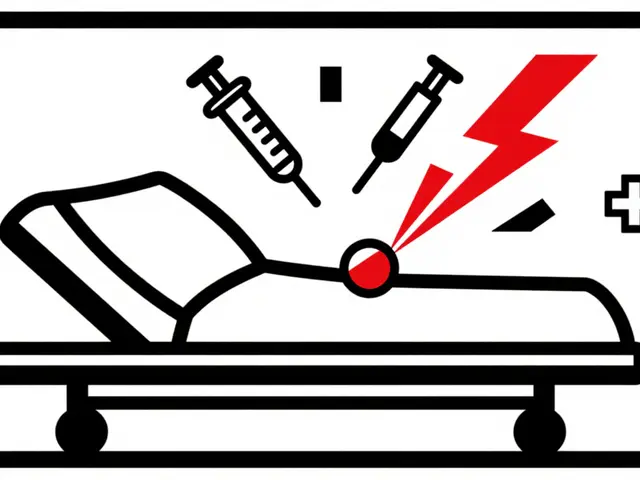Gonadotropins Alternatives: Practical Choices for Fertility and Hormone Balance
If you’ve heard of gonadotropins like FSH or LH, you know they’re powerful hormones used to kick‑start ovulation or sperm production. But they’re pricey, need injections, and sometimes cause side effects. That’s why many people look for alternatives that are easier on the wallet and the body.
Prescription Swaps You Can Talk About With Your Doctor
Two of the most common oral drugs work like a shortcut to the same result: clomiphene citrate (Clomid) and letrozole (Femara). Both block estrogen receptors, which tricks your brain into thinking hormone levels are low. Your pituitary then releases more natural FSH and LH, nudging the ovaries or testes to produce eggs or sperm.
If you’re dealing with a specific deficiency, look at human chorionic gonadotropin (hCG). It mimics LH and can be given as an injection less often than traditional gonadotropins. Some clinics also use recombinant LH (rLH) for fine‑tuning, especially in IVF cycles where timing matters.
Lifestyle & Natural Boosters That Support Your Body’s Own Hormones
Beyond pills, a few everyday habits can help your endocrine system do its job. Maintaining a healthy weight keeps insulin and estrogen levels steady – both crucial for proper gonadotropin release. Regular moderate exercise boosts circulation to the reproductive organs without stressing cortisol.
Nutrition matters too. Foods rich in zinc (like pumpkin seeds) and vitamin D (fatty fish, sunlight exposure) are linked to better testosterone and FSH production. Some people add L‑arginine or D‑aspartic acid supplements; research shows they can raise LH spikes for a short period.
If you’re open to newer ideas, consider acupuncture. A handful of studies report improved ovulation rates when acupuncture is paired with standard fertility meds. It’s low risk and may help reduce the emotional stress that often comes with hormone cycles.
When choosing any alternative, safety first. Talk to a healthcare professional about dosage, potential drug interactions, and how long you should try each option. Tracking your cycle or sperm count with apps can give you real‑time feedback on whether an alternative is working.
Bottom line: gonadotropin injections aren’t the only path to fertility success. Oral drugs like Clomid and letrozole, smart lifestyle tweaks, and emerging adjuncts such as hCG or acupuncture can provide effective, less invasive routes. Always discuss plans with a qualified doctor, but feel free to explore these alternatives to find what fits your life best.






